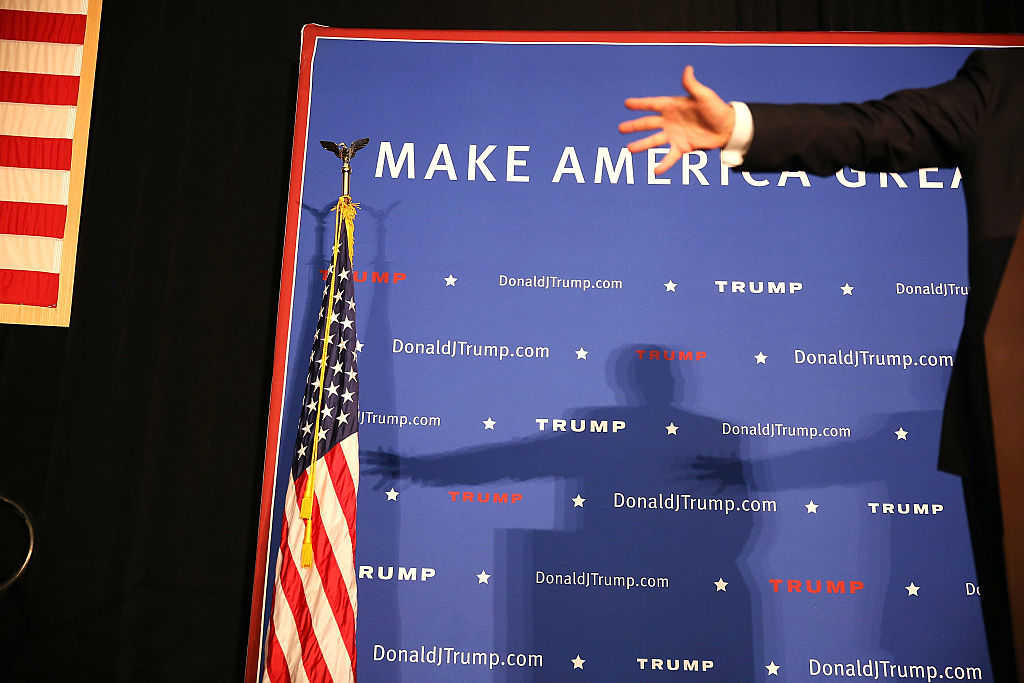There’s a disturbing irony when it comes to our social media age: despite having more communication tools at our disposal than ever before, we’re arguably less communicative, more isolated and increasingly ill-equipped to critically think about all that’s unfolding before us.
This toxic dynamic is a cultural cancer that breeds lies, deceit, willful ignorance and scores of other dire dynamics.
Sadly, social media has only perpetuated the innate human desire to double down on our preconceived notions, to ignore the facts before us and to detach and disengage, all while cozying up solely to groups of people who think and act exactly the way we do.
And as we’re all incubating ourselves in our self-composed safe spaces, the world around is becoming ever-complex, with the pace of the chaos, change and consternation only picking up as we’re intellectually winding down.
But just as the world is evolving and calling on us to think deeper about a slew of issues — problems ranging from the fallout of an ever-secular culture to the tragic growth of Islamic extremism — our ability to understand what’s unfolding seems stunted.
Christians, sadly, are anything but immune to this societal phenomenon. Meanwhile, in the midst of this sweeping crisis, there’s a lot of talk about what’s killing, harming or at least diminishing the Christian witness — a standing that is already under duress amid an increasingly biblically confused culture.
Some say it’s the evangelical embrace of President Donald Trump and the unwillingness of some faith leaders to call his problematic actions or rhetoric into question. Others say that our Christian witness has been absolutely obliterated by moral relativism — a theological laziness that has seeped into the church and dumbed down essential truths.
And still others argue that Christians have clumsily chosen the wrong public battles, becoming, over time, more widely known for what we’re against than what we embrace.
The reality is that all of these dynamics — blind and unbending allegiance to (or hate for) Trump, moral relativism within and outside of the church and poor handling and navigation of tough issues — aren’t really the catalysts for a damaged witness.
Instead, they’re the collective fallout of a far greater problem that is festering and metastasizing, specifically when it comes to those who claim to embrace the Christian faith, which commands that we all adhere to truth: willful apathy — or, more pointedly, the inability or refusal to recognize and call out what’s wrong with Trump, other politicians, our culture and even ourselves.
At some point too many people on both sides of the aisle became so fused to party ideology and the “us versus them” paradigm that they (more aptly, we) made a diabolical decision to take an “all or nothing” approach to almost everything, leaving critical thinking and extrapolation skills at the door in exchange for blanket ignorance.
Rather than taking the time to critique a beloved politician, party or ideology if and when warranted, these people (i.e. us) now turn a blind eye, totally ignore certain happenings or simply endorse all that’s happening without breaking down the complexities.
Take Trump, for instance. Some people believe the president is deplorable and unfit for the office, which spawns a monolithic view that makes no room for fairness or praise if and when he actually says or does something positive. On the flip side, Trump’s core base of supporters are all-too-willing to dismiss each and every infraction, ignoring even the most obvious of blights.
Christians should be above both of these dynamics and the polarized views should deeply concern us. After all, we’re called to truth, even what it forces us to break out of the earthly boxes we’ve let confine us. Yet, sadly, we’re a major part of the problem. Plainly stated: we don’t belong to Trump, Republicans, Democrats or any other human or group; we belong to Jesus.
Perhaps Christian author and radio host Michael Brown said it best when he recently offered up some stirring and convicting words for evangelicals in the age of “fake news” and Trump, warning that “our first calling is not to defend the president” but that it is to “stand as consistent witnesses for our Lord.”
“As followers of Jesus, our ultimate allegiance should be to the Lord, to the truth, to righteousness, to justice, not to a party or a man,” Brown wrote. “We are followers of Jesus. And so, when it comes to speaking the truth to power, we are ‘equal opportunity offenders.’ We don’t need to parse his words, let alone defend them. We need to show integrity.”
See, at the end of the day, our refusal to think critically and put truth above all else is what’s hurting us. Christians should have the fortitude to praise Trump when he’s done something well or to speak out when his policies or rhetoric are damaging or run counter to the biblical spirit.
Simply sitting on the sidelines silent or yelling “fake news” every time someone points out a valid critique is not only ideological lethargy, but it’s also spiritual malpractice. The same goes for those bent on dismissing ever facet of Trump and his presidency.
On the culture front, we should lead with what we stand for and allow it to dictate where the conversation goes politically, socially and theologically. We also must stop conceding and compromising scripture in an effort to take the easy way out.
We’re too accustomed to a culture that has endorsed or tolerated our views; it’s time to realize that we have a responsibility to speak truth in love and to do it without biblical compromise. We were never promised comfort or ease; let’s stop acting like we were.
Let’s be better.



